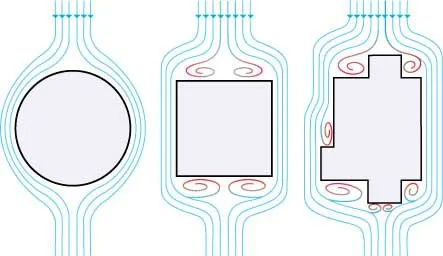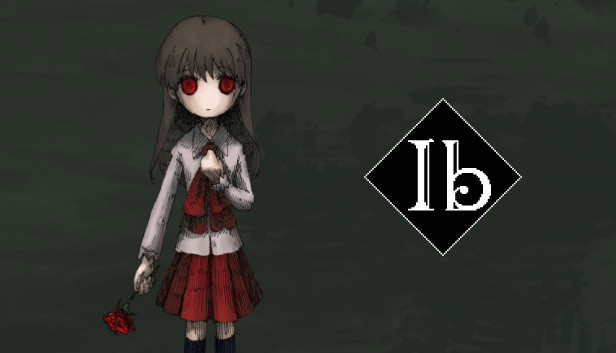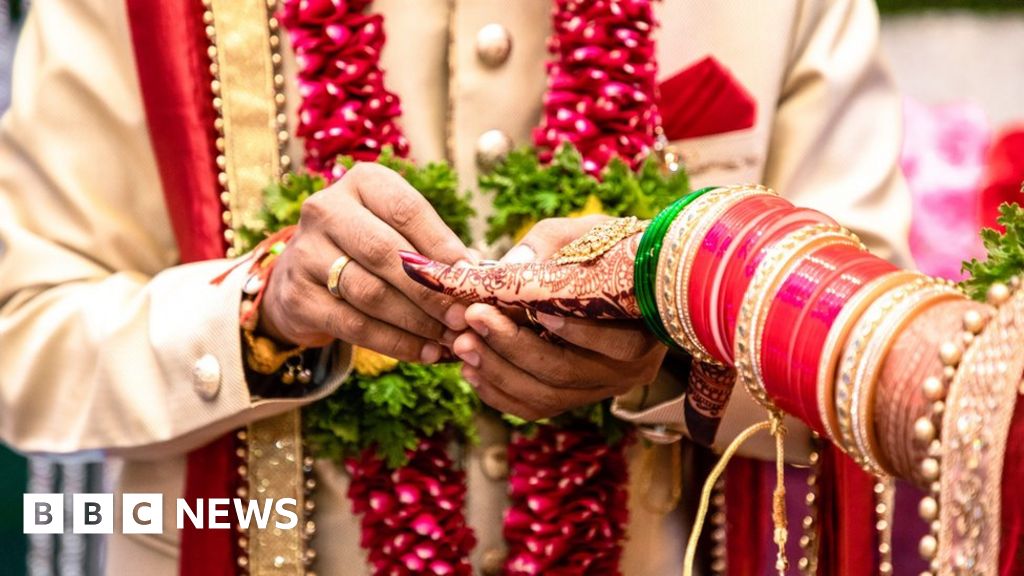Holy shit!! I am 150% certain I could not have done that no matter how calm the air traffic controller's instructions were. I'd be too busy looking for ways to commit swift suicide or planning my last ditch "tuck and roll" maneuver (though my fear of heights would dictate the plane be about 2 seconds from crashing before I'd have the confidence to even try THAT.) Long story short, with me at the wheel, this story would have been about a cowardly tragedy and not exceptional heroism.What being pure Zen sounds like
Kudos to the air traffic controller's competence of course, but holy shit, that passenger on the plane doesn't even sound very concerned.
What have you learned today?
- Thread starter hanselthecaretaker
- Start date
Ikr. In a plane, pilot out cold, doesn't know how to fly, no idea where he is, and yet dude talks like his heart rate is not a single beat over 60.Holy shit!! I am 150% certain I could not have done that no matter how calm the air traffic controller's instructions were. I'd be too busy looking for ways to commit swift suicide or planning my last ditch "tuck and roll" maneuver (though my fear of heights would dictate the plane be about 2 seconds from crashing before I'd have the confidence to even try THAT.) Long story short, with me at the wheel, this story would have been about a cowardly tragedy and not exceptional heroism.
I bet after this he was asked to flawlessly play Rimsky-Korsakovs "Capriccio Espagnole." on piano by himself, perform open heart surgery while blindfolded, and land a sextuple jump in ice skating in perfect form. He then said "Ok, sure, I got this", proceeded to do those things, then casually strolled out the door, probably doing another half dozen amazing things before hitting the end of the street.
Was probably high (no pun)?What being pure Zen sounds like
Kudos to the air traffic controller's competence of course, but holy shit, that passenger on the plane doesn't even sound very concerned.
Watched some tornadoes shred houses. Asked myself why they don't build houses more aerodynamic in tornado country. Thought maybe it's more expensive to build that way. But it's cheaper. Placing furniture might be more awkward and you have a little less space, but if the alternative is losing the house...


In they 50s, they'd inflate a big balloon and spray it with concrete to make a dome shaped building really quickly.Watched some tornadoes shred houses. Asked myself why they don't build houses more aerodynamic in tornado country. Thought maybe it's more expensive to build that way. But it's cheaper. Placing furniture might be more awkward and you have a little less space, but if the alternative is losing the house...

As someone who lives in the alley, lives about 7 miles from Andover (which was partially destroyed a couple of weeks ago by an EF3,) and was covering the storm and cleaning up in the aftermath... its mostly because it wouldn't make much difference. EF1 and 2 will damage homes rather than destroy them. Direct winds from those would just impact a more aerodynamic building less... but they would still be battered by debris and suffer minor damage. EF3 (like Andover this time around) is an interesting case. Those winds are strong enough to at least partially destroy a less aerodynamic building, but a more aerodynamic one might withstand it. However, the debris size in EF3 is very large chunks. Moving fast enough to do major structural damage on impact. So the benefit once again might not make much difference in the real world. EF4, I've first hand witnessed the damage just twice in my life. It is the most horrible damage to witness. Throughout the damage path, debris is ankle to knee deep in fist to head sized chunks of whatever got taken. Much smaller chunks than EF3... like its been in a blender. What more of an aerodynamic building might have been spared... would just be ground into hamburger by the debris.Watched some tornadoes shred houses. Asked myself why they don't build houses more aerodynamic in tornado country. Thought maybe it's more expensive to build that way. But it's cheaper. Placing furniture might be more awkward and you have a little less space, but if the alternative is losing the house...

EF5...
It doesn't leave anything. It doesn't matter how strong or aerodynamic a building is built, all that's left is maybe some plumbing pipes sticking up from the ground. Anything above ground in an EF5... isn't there after it passes.
But a bigger factor. In a relative sense, tornadoes are small and rare. I've personally witnessed more in my life than probably 99% of people. I'm in my 40's, and Andover was only #9. I haven't even broken into double digits. The chances of a structure needing to withstand a tornado, even here in tornado alley... it just isn't very likely to ever happen. Its probably a better question to ask to folks who go through hurricane season, where storms are 100 to 500 times the size of a tornado. But I'd be willing to bet in that case, buildings would simultaneously have to be more aerodynamic... and hydrodynamic to withstand a hurricane and its storm surge. And then debris and water damage would probably still overcome any benefit such a structure would have.
Completely unrelated, but a friend of mine (Lee) was reading the newspaper last week, and another friend of ours (Bruce) read a headline over his shoulder that said "F1 Rocks Miami," and commented "Miami got hit by a tornado?" Now imagine the most backwoods redneck accent you can when Lee responded with "Why the FUCK would news about a tornado be in the goddamn Sports section of the fucking paper?"As someone who lives in the alley, lives about 7 miles from Andover (which was partially destroyed a couple of weeks ago by an EF3,) and was covering the storm and cleaning up in the aftermath... its mostly because it wouldn't make much difference. EF1 and 2 will damage homes rather than destroy them. Direct winds from those would just impact a more aerodynamic building less... but they would still be battered by debris and suffer minor damage. EF3 (like Andover this time around) is an interesting case. Those winds are strong enough to at least partially destroy a less aerodynamic building, but a more aerodynamic one might withstand it. However, the debris size in EF3 is very large chunks. Moving fast enough to do major structural damage on impact. So the benefit once again might not make much difference in the real world. EF4, I've first hand witnessed the damage just twice in my life. It is the most horrible damage to witness. Throughout the damage path, debris is ankle to knee deep in fist to head sized chunks of whatever got taken. Much smaller chunks than EF3... like its been in a blender. What more of an aerodynamic building might have been spared... would just be ground into hamburger by the debris.
EF5...
It doesn't leave anything. It doesn't matter how strong or aerodynamic a building is built, all that's left is maybe some plumbing pipes sticking up from the ground. Anything above ground in an EF5... isn't there after it passes.
But a bigger factor. In a relative sense, tornadoes are small and rare. I've personally witnessed more in my life than probably 99% of people. I'm in my 40's, and Andover was only #9. I haven't even broken into double digits. The chances of a structure needing to withstand a tornado, even here in tornado alley... it just isn't very likely to ever happen. Its probably a better question to ask to folks who go through hurricane season, where storms are 100 to 500 times the size of a tornado. But I'd be willing to bet in that case, buildings would simultaneously have to be more aerodynamic... and hydrodynamic to withstand a hurricane and its storm surge. And then debris and water damage would probably still overcome any benefit such a structure would have.
Today I want to be the instigator of you learning something. Let me teach you a little about pronunciation and puns using Japanese and English words.
First object is the game, In.

Ib is the name of the game and the character you play as. Now, that's an unusual name, yes? Especially when you compare it to the names of other characters in the game, Garry and Mary. That's because the name Ib is supposed to be Eve and we get Ib because of how Japanese pronunciation and writing works. I's become e's and vice versa because of pronunciation. But a v becomes a b because of writing, they don't have a character for the v sound so they use the character for the b sound in it's place.
So this name change came about because the original game was fan translated (then again, we're no strangers to official translations doing this kind of thing) but a mistake has turned into the actual name as fans refer to the game and character as Ib despite being aware of this mistranslation and now even the official translation of the remaster on Steam calls the game Ib.
Now we get to the fun part! What if someone takes the weird quirks that come about from Japanese and English translating between each other and uses them deliberately? You get things like the song 'Love?' or alternatively 'Frilled Shark'.
(Why won't the site let me post the video here?
The Japanese word for a frilled shark is 'rabuka', the Japanese written language uses the same character for an 'L' and 'R' sound, when they pronounce something with an 'oh' sound it'll often come out with an 'ah' sound, once again 'v' and 'b' use the same character, often times a 'u' sound ends up added to the end of words because of the exhalation of breath that comes after ending a sound (most commonly seen in 'desu' which is supposed to be 'des'), and these quirks combine into the "labu labu" meme, then we finally have 'ka' which makes a statement a question when put at the end of a sentence.
Combine all this together and you get the word play of "Love?" also being "Frilled Shark"! And as a bonus you can hear the singer switch between "lavu ka" and "lavu ga" in the song, 'ga' being put at the end of a sentence gives it emphasis, so the song can switch between them for different purposes throughout the song since they sound similar.
Isn't that just amazing!?
First object is the game, In.

Ib is the name of the game and the character you play as. Now, that's an unusual name, yes? Especially when you compare it to the names of other characters in the game, Garry and Mary. That's because the name Ib is supposed to be Eve and we get Ib because of how Japanese pronunciation and writing works. I's become e's and vice versa because of pronunciation. But a v becomes a b because of writing, they don't have a character for the v sound so they use the character for the b sound in it's place.
So this name change came about because the original game was fan translated (then again, we're no strangers to official translations doing this kind of thing) but a mistake has turned into the actual name as fans refer to the game and character as Ib despite being aware of this mistranslation and now even the official translation of the remaster on Steam calls the game Ib.
Now we get to the fun part! What if someone takes the weird quirks that come about from Japanese and English translating between each other and uses them deliberately? You get things like the song 'Love?' or alternatively 'Frilled Shark'.
(Why won't the site let me post the video here?
The Japanese word for a frilled shark is 'rabuka', the Japanese written language uses the same character for an 'L' and 'R' sound, when they pronounce something with an 'oh' sound it'll often come out with an 'ah' sound, once again 'v' and 'b' use the same character, often times a 'u' sound ends up added to the end of words because of the exhalation of breath that comes after ending a sound (most commonly seen in 'desu' which is supposed to be 'des'), and these quirks combine into the "labu labu" meme, then we finally have 'ka' which makes a statement a question when put at the end of a sentence.
Combine all this together and you get the word play of "Love?" also being "Frilled Shark"! And as a bonus you can hear the singer switch between "lavu ka" and "lavu ga" in the song, 'ga' being put at the end of a sentence gives it emphasis, so the song can switch between them for different purposes throughout the song since they sound similar.
Isn't that just amazing!?
The song I mentioned because the site is being weird and won't let me put it in my previous post.
So to go over it again.
Love?
Lovu?
Lobu?
Labu?
Rabu?
Rabu ka
Rabuka
So to go over it again.
Love?
Lovu?
Lobu?
Labu?
Rabu?
Rabu ka
Rabuka
Last edited:
Yeah, that sounds like something people around here would wonder at that headline. Although the weather nerds around here would be correcting it too. "Its no longer the F or Fujita Scale... it is now the Enhanced Fujita or EF scale we use to classify tornado wind speed."Completely unrelated, but a friend of mine (Lee) was reading the newspaper last week, and another friend of ours (Bruce) read a headline over his shoulder that said "F1 Rocks Miami," and commented "Miami got hit by a tornado?" Now imagine the most backwoods redneck accent you can when Lee responded with "Why the FUCK would news about a tornado be in the goddamn Sports section of the fucking paper?"
OK, this one is something I definitely didn't see coming.

 www.bbc.com
www.bbc.com

Couple in India sue son for not giving them a grandchild
The Indian parents say they used up their savings raising their son and paying for his wedding.
India: Not my Exhibit A when it comes to sanity in anything related to marriage or families. (Case in point: Their son is in an arranged marriage.)OK, this one is something I definitely didn't see coming.

Couple in India sue son for not giving them a grandchild
The Indian parents say they used up their savings raising their son and paying for his wedding.www.bbc.com
That Formula 1 crashes are far more expensive than I thought. I mean, I knew they were expensive (the cars in pristine condition are about $20M a pop,) but apparently, the cost of a fender bender on track can cover the cost of the average Joe's mortgage for 6 months; bigger collisions could net you a million-dollar house, paid in full. Adds a little gravitas when after a wreck, the driver comes over the team radio with a mere "sorry, guys."
I learned, having watched Everything Everywhere All At Once, that it is indeed possible for me to not recognize Jamie Lee Curtis in a movie role.
We don't even have democracy sausages this time.Doing some democracy in Australia is as dull as ever.
There should be a Royal Commission into that.We don't even have democracy sausages this time.
I most certainly had a democracy sausage. I suggest you both lodge formal protests with the AEC.We don't even have democracy sausages this time.
As a non-Australian, I have to ask: What's a Democracy Sausage?We don't even have democracy sausages this time.
